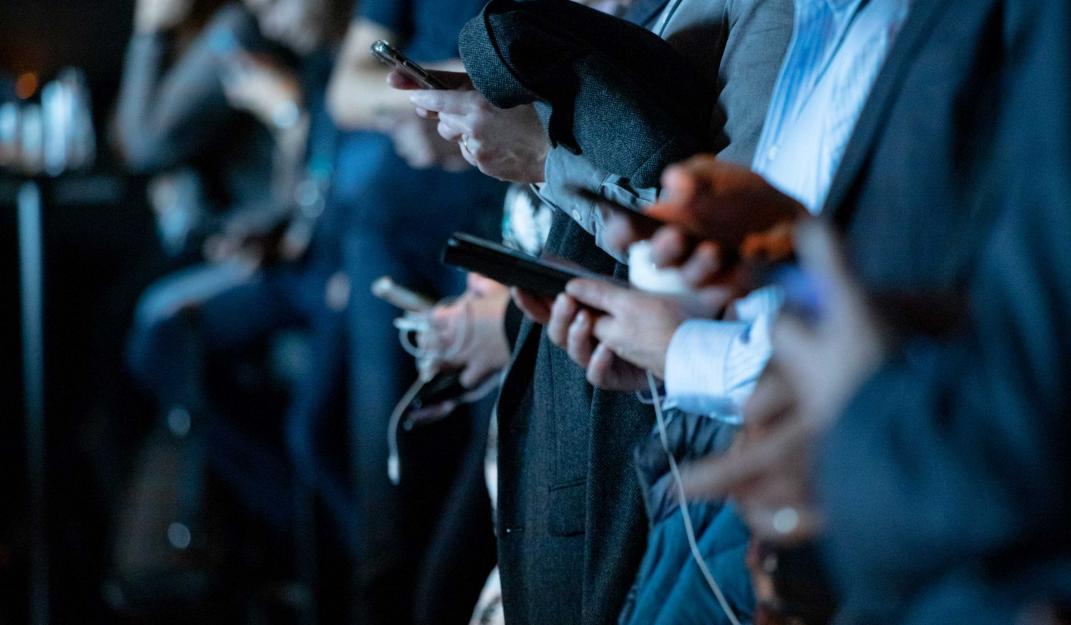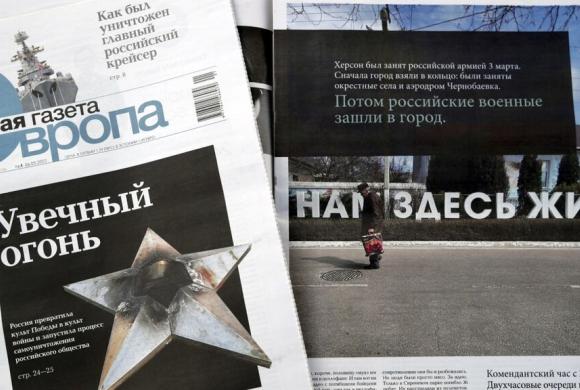Russia’s Social Media Self-Censorship Law is Misguided – and the West Must Avoid Making the Same Mistake

Norms should allow users to flag harmful speech, but also to provide clear remedies that ensure a balance of power between citizens, platforms, and states -- regardless of the regime.
Russia’s new law tasking social media companies with finding and removing “illegal content” creates a dangerous precedent for other authoritarian - and democratic - regimes.
Although the Kremlin’s efforts to establish a sovereign internet and its clashes with international technology companies over adherence to local laws have garnered international attention, the country’s social media self-censorship law, which came into force on February 1, 2021, has gone almost unnoticed. This is a dangerous oversight.
Fierce debates are occurring around regulatory initiatives aimed at social media companies in democratic countries, such as the European Union’s Digital Services Act and the UK Online Safety Bill. The Russian example makes clear how imposing responsibility for policing online content upon platforms creates fertile ground for violating citizens’ rights.
Published by CEPA. Read the full article here.





